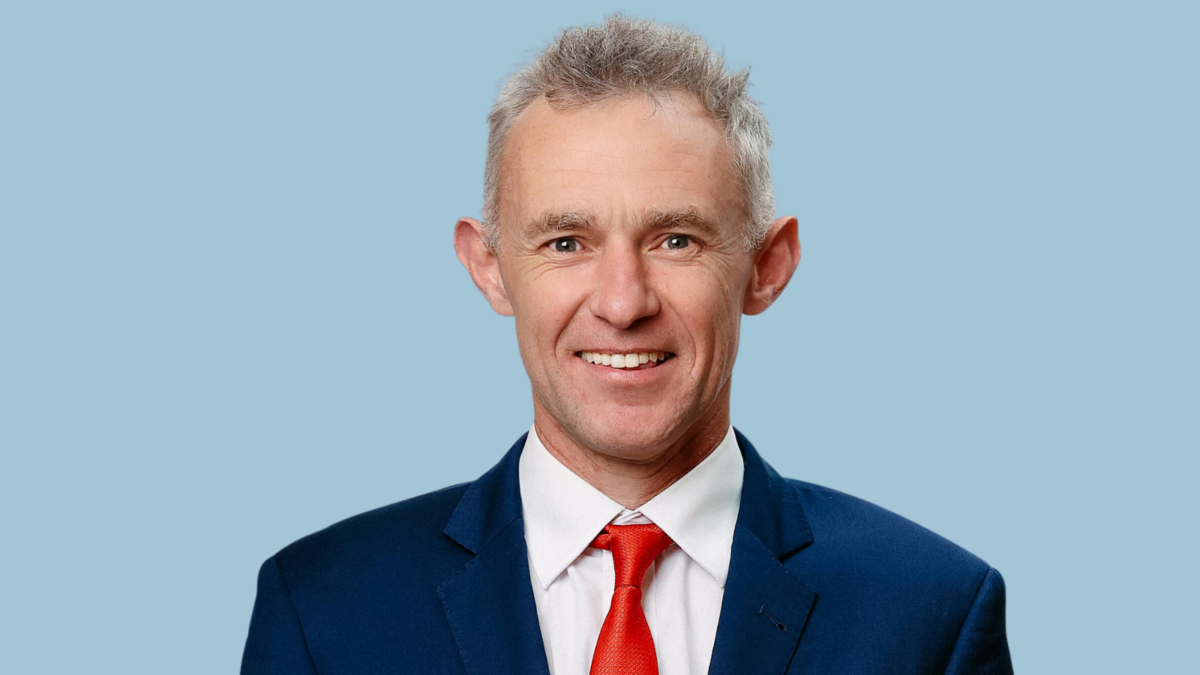When markets overreact, ART ‘really likes the noise’
While the volatility of 2022 plunged many super funds into negative returns, Australian Retirement Trust (ART) head of investment strategy Andrew Fisher said that the upheaval in markets has been easier to adapt to than the long-term implications of the inflation and rate rises that caused it.
“We really like the noise,” Fisher told Morningstar’s conference last week. “From the perspective of a very large asset owner – it’s $240 billion we’re managing – the structural changes are harder to adapt to, but the noise is something we can trade around the edges of pretty easily because we’re providing liquidity to the market; when the market wants to overvalue things, we’ll sell it and if they want to undervalue it we’ll buy it.
“The last 12-18 months have been a challenging period, but the amount of noise in the market has been quite productive for us from a dynamic asset allocation perspective.”
The strongest positive signal ART has for an asset at the moment is in Japanese equities, though the relatively low interest rate that signal is built off “feels a little bit at risk”. The one that’s easier to run with is UK equities where rates are higher. The fund also has a fairly limited, almost non-existent exposure to venture capital, preferring to invest in companies where there’s a solid growth opportunity instead of potential unicorns.
And while Fisher said that while sections of the property and infrastructure markets are challenging – as evidenced by AustralianSuper’s woes in retail, characterised by CIO Mark Delaney as the “worst of all worlds” – there are still interesting opportunities beyond office buildings and shopping centres.
“When we think about alternative assets or unlisted assets, we think about those as forever assets – which doesn’t mean we’re going to hold them forever, but we don’t ever want to force the teams to sell. We think of them as idiosyncratic opportunities and so we effectively will put an illiquidity risk premium there and then it goes to an idiosyncratic exercise.”
While 2022 brought with it a fairly severe repricing of interest rates, that didn’t impact long-term cash rate forecasts for ART’s infrastructure portfolio or other unlisted assets; the next five years were thrown into doubt, but everything beyond that is still “higher than where the market is currently pricing.”
“Price is a lot more volatile than value… We do think that markets over and underreact. So our valuations on unlisted assets, much like our valuations for listed assets, are nowhere near as volatile as market pricing. That’s to be expected. There is a likelihood and an expectation that they won’t get as severely over-valued as in public markets or severely under-valued.”
“Going into something like 2022 the biggest difference between the valuations of our public and private market assets was that bond yields were far more over-valued and interest rates were far lower than we felt was accurate and any valuer would have felt was accurate… so you didn’t see zero bond yields forever and zero interest rates underlying discount rates in any of the valuation. We wouldn’t have signed off on any of those valuations.”











